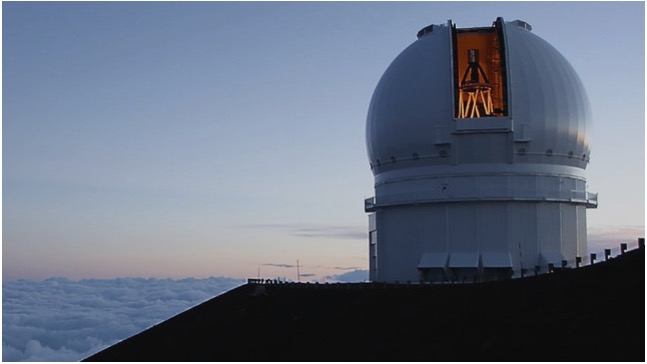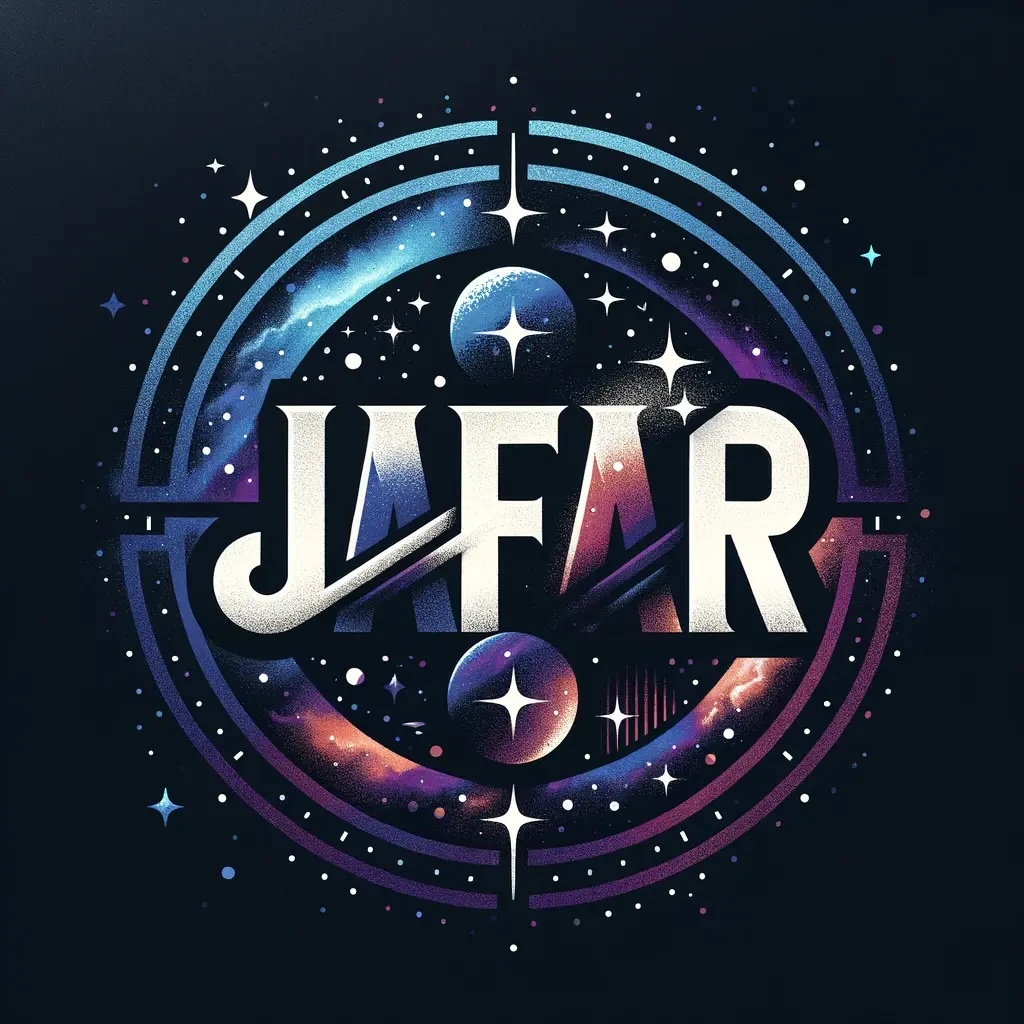where Jafar has been used, from ground-based to space telescopes
Canada-France-Hawaii Telescope (CFHT)
The Canada-France-Hawaii Telescope is a 3.6-m telescope located atop Mauna Kea,
Hawaii, at 4,200m above sea level. It hosts several instruments, including the MegaCam wide-field optical
imager. MegaCam offers five broad-band filters, multiple narrow-band filters, a 1 square degree field of view, and
a pixel size of 0.187 arcsec.
Four CFHT Large Programs were dedicated to unveil
the Low Surface Brightness (LSB) Universe. To preserve these faint features in deep images,
a dedicated reduction pipeline has been developed : Elixir-LSB.
- CFIS/UNIONS: the Canada-France Imaging Survey covers more than 5,000 deg² in the Northern Hemisphere in the LSB-r band.
- MATLAS: the Mass Assembly of early-type GaLAxies survey targeted nearby massive early-type galaxies between 2013–2015.
- NGVS: the Next Generation Virgo cluster Survey imaged 104 deg² of the Virgo Cluster between 2008–2012.
- VESTIGE: the Virgo Environmental Survey Tracing Ionized Gas Emission mapped the same the Virgo region, tracing ionized gas emission.
Related publications:
- Sola+2022, 2024: these papers introduce Jafar and its methodology for characterizing faint tidal features in deep CFHT images. Those features expelled by galaxy mergers hold clues to the formation and evolution of galaxies. Jafar was used to annotate and measure 475 galaxies, producing a unique, publicly released LSB feature catalog.
- Richards+2023: builds on Sola+2022 by training a deep learning model to automatically detect and segment tidal features and galactic cirrus.

Euclid
Euclid is an ESA mission designed to study the composition and evolution of the dark Universe. Launched in July 2023, this space telecope offers an unprecedented combination of wide field-of-view, high spatial resolution, wide coverage on the sky and stable PSF. This makes Euclid particularly well-suited for the study of the faint LSB Universe.
Related publications:
- Marleau+2024
investigates the properties and characteristics of
the dwarf galaxy population in the Euclid Early Release Observations (ERO) images of the Perseus cluster.
These small galaxies are of particular importance as their properties (number, morphology, luminosity,
substructures) provide valuable constraints on cosmological models. They also offer a unique opportunity to study galaxy formation
at lower mass scales than systems such as the Milky Way.
To identify the dwarf galaxies in the ERO images, seven expert users used Jafar to annotate the galaxies and their substructures (e.g. nuclei), resulting in a catalog of 1,100 candidates with measured properties.

